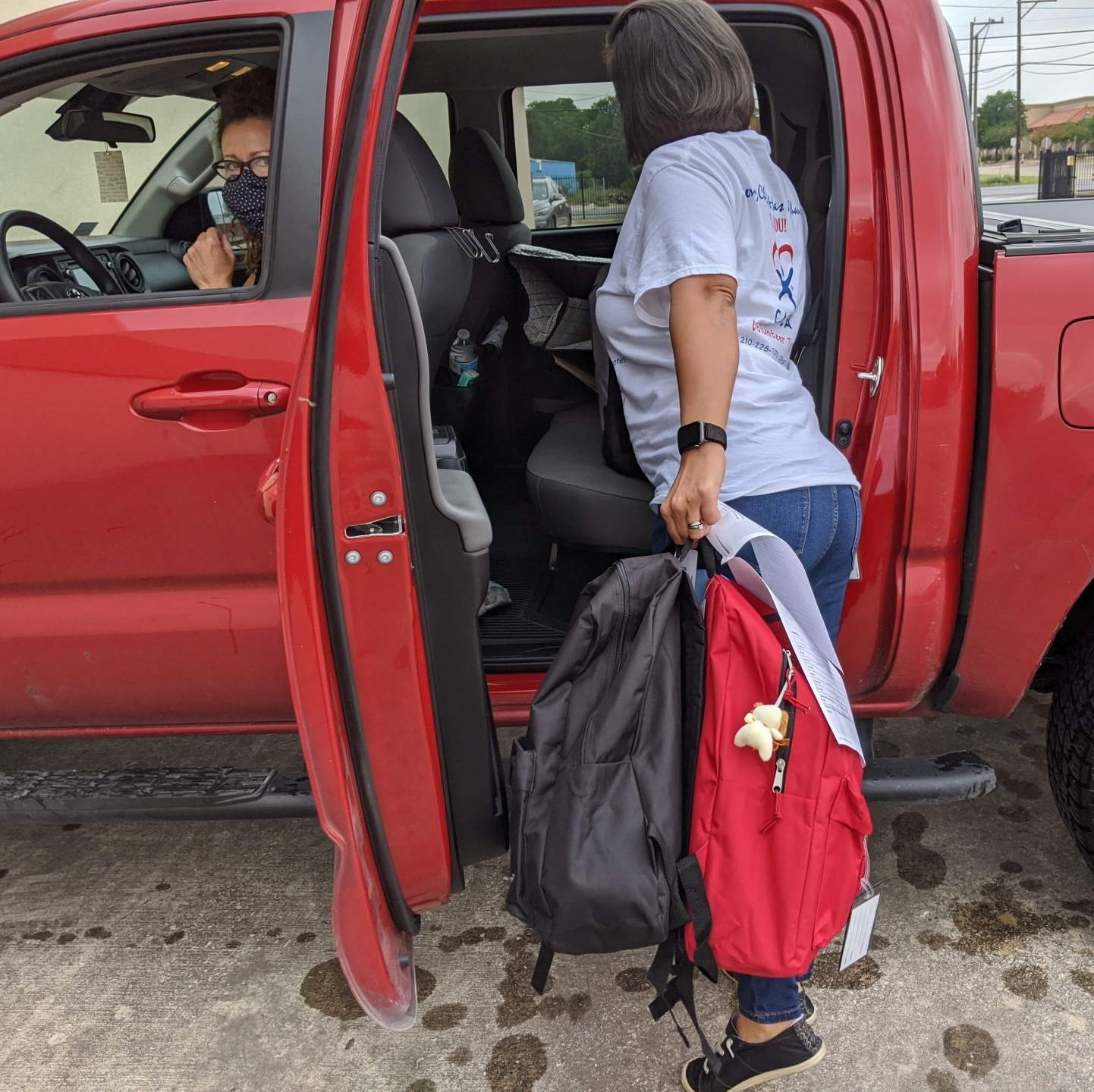September Advocacy Tip
Every month CASA publishes an "Advocacy Tip" to give Advocates the chance to earn 1 Hour of Ongoing Training Credit. Take the quiz at the bottom to earn your credit!
Educational Advocacy
As summer break comes to an end and the focus shifts to returning to school with buying new clothes, getting school supplies, and catching up with school friends, it’s natural for kids to get excited for the start of a new year. While children in foster care might also feel the excitement, there is a high probability that returning to school could be met with anxiety, which is very understandable. Part of an advocate’s role is to assist in this transition and to advocate to ensure the child’s educational needs are met.
The CASA advocate has the right to review a child’s educational data, communicate with school staff, and attend educational meetings. In your advocacy role, be proactive by building a strong positive rapport with the child’s school. Below are some ways to help foster a positive relationship:
· Contact the school (school counselor, teacher, principal).
· Send an introductory email to introduce oneself and to explain CASA’s role in the child’s education.
· Schedule a time to visit the school and meet with the teacher and with other school staff to meet in person and possibly visit with the child.
· Provide a copy of the Court Order and a copy of your CASA badge.
· Visit the school and meet with teacher and any other staff member that is involved in the child’s education. Restate your role and offer how you can support the child in their education.
· Advise that you would like to attend all educational meetings such as 504s and ARD’s.
· Communicate any behavioral triggers that would help the staff best know how to address the child to provide the best outcome.
· Maintain ongoing contact with school staff and report any concerns that you might have.
Regular contact with school personnel is important to ensure the child is progressing in their academics and if concerns arise then these can be addressed as needed.
Advocates are very important members of the child’s educational team. Some caregivers may be kinship family members that have not been involved in the school system for years and some foster parents may not have experience in working with the school system. CASA advocates can guide these individuals within the system and help ensure that all the child’s needs are being met while in care.
Advocacy Tip Quiz









